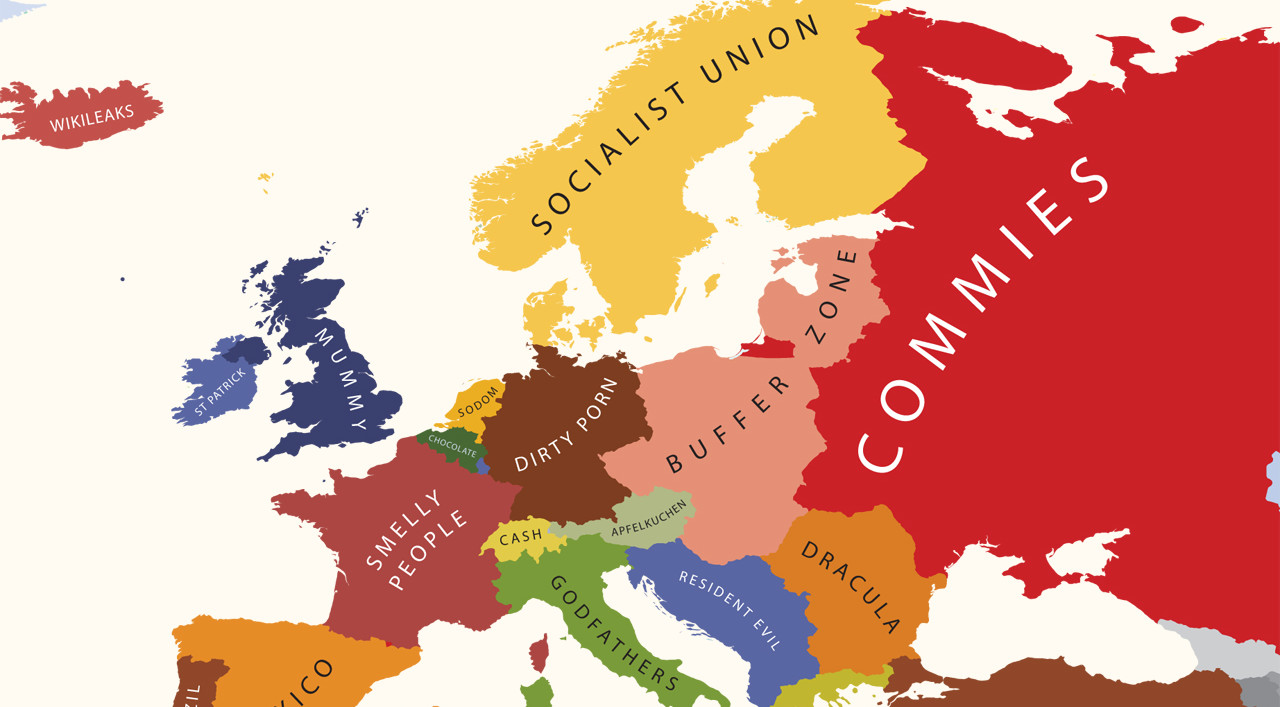“Gentlemen do not read others’ mail.”
–Henry L. Stimson.
“One might expect Europeans to protest loudly — if only to appease their offended publics — but then revert to type and do little concrete in response. After all, America’s European partners have a long history of deferring to Washington, and it’s not entirely clear why anyone should expect them to grow a real backbone now.”
The Cold War ended two decades ago. Today’s world looks nothing like the bipolar (and in retrospect, enviably stable) order of 1947-1991, but it isn’t a New American Century either. This is largely a result of the West’s self-inflicted wounds: the European Union is busy bleeding itself dry with austerity policies and America becoming a dysfunctional regime. But part of it is unavoidable: in a world were the US’s share of world GDP has dropped to half of its postwar peak and European armies are not even operational, Western power is becoming a brittle, if not fictitious, construct.
None of this is new, but it still has to dawn upon European elites. When it comes to foreign policy the European Union remains, despite diverging interests and huge disagreements, Washington’s yes-man. This pliant attitude made sense when the Red Army lurked along the other side of the Elbe, but not today. And yet the recent attempt to retain Bolivian President Evo Morales in Austria, on the assumption that NSA whistleblower Edward Snowden was hidden inside his plane, epitomizes the ongoing capitulation of European foreign policy to American interests.
The episode is grotesque for three reasons. The first and most obvious is brutta figura. Appearances and procedure matter in international affairs: stopping and searching a Head of State’s plane (Austria); coming up with unconvincing excuses to block its use of national airspace (France, Portugal, Italy); and flopping on whether to let it refuel (Spain) makes Europeans seem unconcerned with international law and blindly obedient to US guidelines. They are both. And there is another ugly issue at stake. I suspect the overbearing attitude of European officials has much to do with the fact that Morales is the small, brown, and funnily dressed president of a “remote” and “often-overlooked” country full of indios. Or would Austria have dared stop Vladimir Putin if he were the one visiting Bolivia?
The second reason has to do with the senselessness of following American orders. So what if Snowden was hidden in Morales’ plane? It is towards America’s NATO partners that much of the NSA’s spying activity was directed. We are not talking about “spear-fishing” techniques, common enough among allies, but of surveillance conducted on a massive and indiscriminate scale, at a time when the excuse of fighting a “Global War on Terror” no longer holds. This constitutes an unprecedented breach of trust between both sides of the Atlantic (and the English Channel, given the UK’s involvement). Instead of—or in addition to—using this incident as an excuse to abort the much-hyped US-EU trade agreement, the EU should offer Snowden asylum within its borders. That European leaders have opted instead for compliance and agreed to stop Morales’ plane is profoundly disappointing—all the more so when they never complained about CIA flights refueling on their way to Guantánamo.
Last but not least there is a sad irony in packing off Morales’ plane to refuel in the Canary Islands instead of mainland Spain. If Nelson Mandela drove the last nail into the coffin of colonialism in Africa, the honor in Latin America belongs to Evo Morales: like him or not, he is the first indigenous president in a country traditionally ruled by criollos, where whites amount to 15% of the population. Not so in the Canary Islands, because Normans and Spaniards decimated the native population during the 15th Century—right before Columbus used the archipelago as a springboard to the Americas. This is just a coincidence. But it is also the fitting ending of an episode that sheds much light on Europe’s colonial past, its present subordination to Washington’s wishes, and the hollowness of its claims to moral high ground.
The EU remains “an economic giant, a political dwarf, and a military worm” (?!). The third point makes dumping NATO unfeasible, so the European Defense Community will have to remain an imagined one. Regardless, the NSA scandal should serve to create closer political integration among European states. Adopting a Single European Sky and granting Snowden asylum would be a perfect–if ultimately unlikely–point of departure.

Agreed with Carter. Always a fan of your worldview!
Simply the best. Awesome article Jorge!